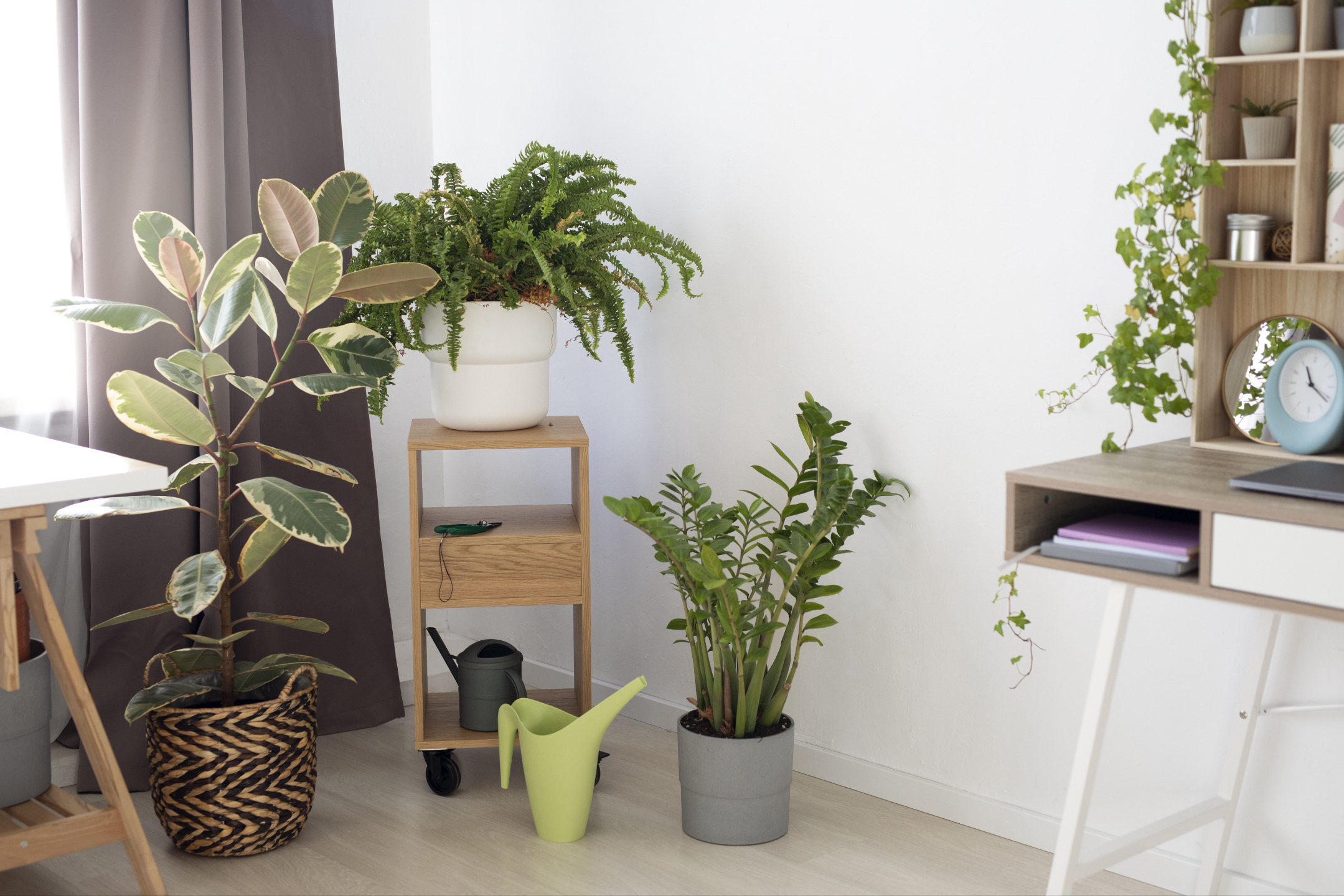How the Enneagram Changed My Life - and How It Can Change Yours Too
Mar 31, 2025
How the Enneagram Changed My Life - and How It Can Change Yours Too
There's something about group situations that can get our defenses up. Maybe you hate being interrupted, or looking unprepared, or being overlooked.
For me, I feel the heat (often literally) when disagreements start brewing.
In my mind disagreement = broken connection and I just always really want everyone to get along. (Sounds completely altruistic - and it's not. More on that later)
Thinking back to committees or social situations I’ve been part of when the discussion gets heated, I start to get nervous. The more separation I sensed in the room, the more uncomfortable I got.
And yikes, heaven forbid the spotlight turn to me for my opinion. Sometimes I'd know but plenty of times, I wouldn't. Feeling like I could see the pros and cons of all sides would leave my own opinion fuzzy and the risk of stepping out could separate me from the group. Real tribal fear. And a clever place to hide.
It wasn't until I found the Enneagram that I finally understood what was really happening. This tool to know yourself better became the foundation of the most life-changing experiences.
As a Type 9, I desperately want everyone to get along for two reasons: first, it means we stay connected (which I value deeply), and second, it keeps me in my comfort zone. And here's where the Enneagram gets uncomfortably real - my desire for harmony wasn't purely altruistic. It was about avoiding discomfort.
The irony? By working so hard to keep the peace, I wasn't actually connecting with anyone in a meaningful way. I was just managing the environment. And because I was smoothing over real issues instead of addressing them, I never found the true comfort I was seeking either.
I've tried lots of personality quizzes over the years. I've taken the DISC, Strengthfinders, Myers-Briggs, Kolbe, and even had my natal astrology charted. But the Enneagram was different—it was the only one that made me cry.
Why? Because it showed me that what I thought were my weird personal flaws were actually common Type 9 traits. Things like:
-
Procrastinating by preparing (hello, endless courses) instead of taking action
-
Agreeing with people I didn’t actually agree with
-
Focusing on others’ needs to avoid my own progress
-
Hiding out in a supporting role to avoid risk
All these things I thought were just "my issues" were actually classic Type 9 patterns. There was a whole group of people out there just like me! People who struggled with the same things I do.
Beyond the Skepticism
I know what some of you might be thinking. Another personality quiz? Really?
I've heard all kinds of objections:
- "Isn't this just another way to put people in boxes?"
- "How can everyone fit into just 9 types?" (I'll explain that in a later post)
- "This sounds too mystical" (or for some even blasphemous)
Here's the thing - the Enneagram isn't about slapping a label on yourself and calling it a day. It's about understanding your core motivations, fears, and automatic patterns. It's about seeing the water you've been swimming in your whole life that you didn't even know was there.
What Makes the Enneagram Different
Unlike tests that just describe your behavior, the Enneagram helps you understand WHY you do what you do. It's one of the most powerful tools I've found to know yourself better at a deeper level.
Think of it this way - other assessments might tell you "You're an introvert who likes details and stability." OK, great. But the Enneagram goes deeper by saying, "You avoid conflict because you deeply fear disconnection, which leads you to [specific behaviors] and causes you to struggle with [specific challenges]."
And most importantly, it doesn't just point out your patterns - it shows you a path forward. For me as a 9, it wasn't about beating myself up for being conflict-avoidant. It was about recognizing when I was doing it and practicing being present instead of hiding out. This awareness has helped me become more confident in expressing my true opinions instead of just agreeing with everyone else.
Why Knowing Yourself is Important
This matters - especially for women in midlife.
When we hit our 40s and beyond, something shifts. Our kids are growing up and need us less. Our careers might feel stale. Or we haven't had one and want one. We might be caring for both children and aging parents. Or maybe we're facing changes in relationships or health.
Whatever it is, midlife often brings this urgent question: "Is this really all there is?"
The Enneagram can be especially helpful during these transitions because it shows us our blindspots. As Beatrice Chestnut says in her book "The Complete Enneagram," understanding ourselves is the first step to making positive changes. Learning how to know yourself better through the Enneagram has been a life-changing experience that transformed how I navigate relationships, work, and personal growth.
Here's what the Enneagram has helped me see more clearly:
-
What really drives me: I discovered I wasn't actually easy-going - I was avoiding rocking the boat! Once I saw this, I could ask myself, "What would I say if I wasn't afraid of causing tension?" This opened up new possibilities and helped me become more confident in group settings.
-
My core fears: As a 9, my big fear is disconnection and conflict. When I caught myself thinking, "I'll just say yes to dinner even though I'd rather do something else because I don't want to think I don't care." I could make better choices based on what I want. This has been a truly life-changing experience in setting boundaries.
-
My autopilot behaviors: When things get tense, I tend to withdraw or freeze. Now when I notice my attention drifting, I can take a deep breath and choose to stay present, even when it's uncomfortable. Learning how to know yourself better means recognizing these patterns as they happen.
Want to Find Your Type?
If any of this resonates - if you're tired of feeling stuck in the same old patterns - the Enneagram might help you too. It could be the life-changing experience you've been looking for to become more confident and authentic.
Here's how to get started:
-
Take a good test: I recommend starting with the Riso-Hudson test from the Enneagram Institute. It's well-researched, affordable, and gives a fuller picture than most free options. There are free ones online, but this one tends to be more accurate.
-
Read about all nine types: Don't just read about the type your test suggests. Sometimes the description that makes you cringe a little is actually your type! Check out Beatrice Chestnut's book, The Complete Enneagram: 27 Paths to Greater Self Knowledge.
-
Join my free workshop: Let me know if you'd be interested in attending "Finding Your Enneagram Type: How to Know Yourself Better." We'll explore all the types together, and you'll leave with a better understanding of which one fits you. Message me here or drop a comment below.
The Enneagram isn't magic - it's a tool. But it can feel almost magical when you finally see yourself clearly, maybe for the first time, and realize you have choices you never saw before.
I'd love to know which type sounds most like you!
Drop a comment below or send me a message with your thoughts.

The Quick Way to Make The Right Decision Fast
Cut out the noise and stress. Use this easy 3 step method to make decisions you can trust in less time.
